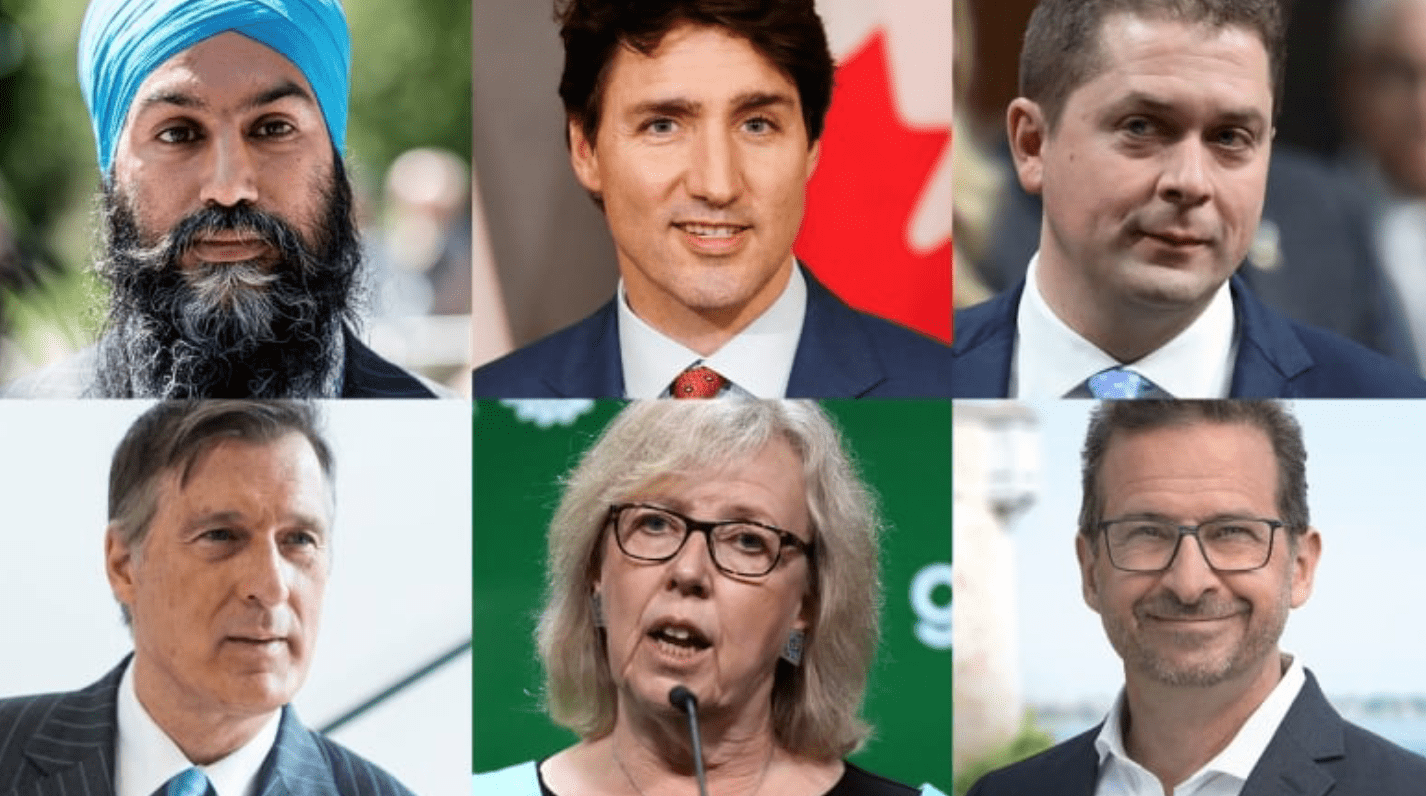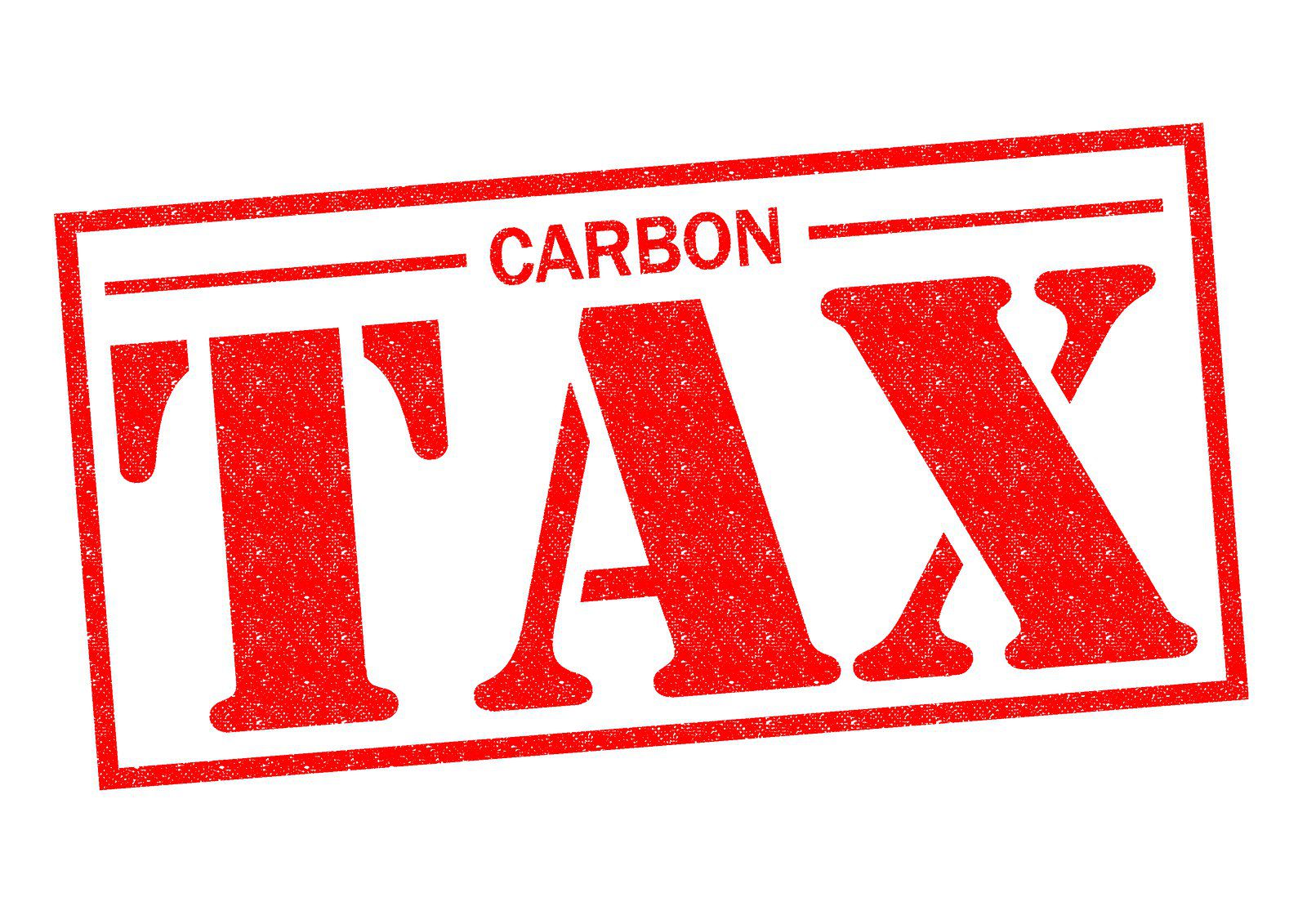Well. That sure was an election, wasn't it? Except some notable riding losses here and there, I can't say the outcome was much of a surprise. Now that everyone is out of official campaign mode, the real work can begin.
- Trudeau's task: Cast off the cronies
We could discuss the importance of courting the West, now that the Liberals have no representation in Alberta and Saskatchewan and a likely coalition partner (see #3) that would love to see the Trans Mountain pipeline reduced to a charming theory. To that end, we will focus on the least Prime Minister Justin Trudeau can do to convince Westerners that you don't need to be an entrenched Liberal interest in Quebec or Ontario to benefit from his generosity. In short, let SNC-Lavalin hit the floor.
I'm not just talking about the company itself. Letting the judicial process play out unhindered is the least of the least Trudeau could do. I'm talking about the entire sordid mess he got himself into. Stop blocking any testimonies or releases of information. If an official inquiry is launched, show up and state his business. If anyone else in the party is caught making even the appearance of a conflict of interest, stop them immediately. The Liberals can afford no further coziness with corporate Canada.
- Scheer's task: Stop hiding
Conservative leader Andrew Scheer must learn that the Stephen Harper playbook can only carry you so far when you are not Stephen Harper. By defining himself as a coldly calculated political operative, he successfully reduced cries of a hidden agenda to hardcore non-Conservatives who would never trust him anyway. Scheer, however, left soft voters wondering what he was really about. Between this and his refusal to engage on topics that made him less than comfortable, there's already talk of who will replace him. I've heard three names floated, and I'm actually quite pleased about one of them.
However many long knives are being sharpened, losing to Trudeau after SNC-Lavalin and blackface should be a huge wake-up call for Scheer: He has been taking the wrong advice. He has heard for two years that he gives his opponents too much room to define him. Now, at long last, he must define himself.
- Singh's task: Do the dirty work
Logically, NDP leader Jagmeet Singh should be the most in fear for his future, with a fourth-place finish and 20 fewer seats not bad compared to Thomas Mulcair's 51-seat loss in 2015, but abysmal when you consider where most of the losses took place (see #5). But since the NDP is the likeliest party to be courted for a coalition, they won't risk a change in leadership so soon, especially considering Singh's improved public image in the second half of the campaign. In the meantime, he'll have to spend as much time traveling across Canada as he can get away with, and the MPs he has left will have to become near-irritants in their own ridings.
- May's task: Welcome the new blood
When watching Election Night coverage, I was struck by how often the word "retirement" came up in the discussion surrounding Green Party leader Elizabeth May. But it makes sense: She has led the party for the past 13 years, and she still only has two fellow MPs to show for it. For that matter, her handling of this particular campaign was marked by tensions with her own slate and bungling of simple PR matters. On the other hand, excitement over the newest Green MP, Fredericton's Jenica Atwin, suggests a fresh face is the most welcome of all sights.
May need not go quietly into that good night over the next couple of months. But until the next election, whether it comes next year or in 2023, she should allow Atwin and other Green activists outside the House to do more of the talking. Voters know what to expect from May; the novelty factor of Atwin can only help get the party's message across to those who aren't completely tuning it out.
- Blanchet's task: Stay the course
Of the five leaders who still have seats, the Bloc Québécois's Yves-François Blanchet is the one most likely to enjoy his job the longest. He combined a shrewd ground game with an authentic harnessing of his base's motivations. His third-place finish all but ensures that the government will have to make some serious gestures of goodwill if they have any hope of competing with him in Quebec. Unless his opponents can make Quebeckers view his agenda as an internal threat to the province's economy and culture, pandering will be their only option.
Photo Credit: CBC News
Written by Jess Morgan








